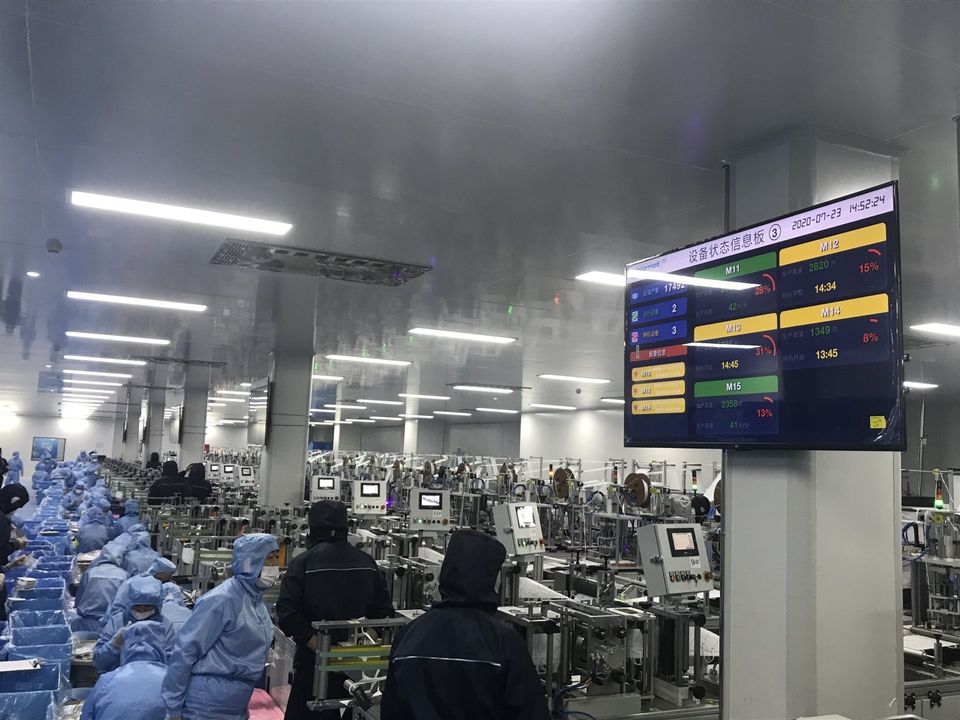How can industrial machinery manufacturers make money with smart services?
China in particular is a pioneer when it comes to digitization and is taking advantage of the resulting opportunities faster than in Europe.
With the new tools, companies can generate additional revenue streams, get more detailed information about their own equipment, and retain customers more closely.
-
Combination of business processes in service, sales and marketing requires intelligent approach.
The way people, IT systems and things communicate with each other requires an increasingly intelligent approach. The combination of business processes in service, sales and marketing coupled with the permanent effort to bring them up to the state of the art is what drives me.
-
We are on the way to the digital future every day.
With a global trade share of approx. 10 %, the German mechanical engineering sector was able to secure its position as the world`s third-largest machine producer behind China and the USA even in the Corona-crisis year 2020. Due to an export quota of 80 %, the nearly 6.500 companies, which are generally medium-sized and family-run, have to face the international competition in their specific market niche on a daily basis. Historically, engineering excellence in hardware and software has been the focus of customer-oriented innovation development in the past. In the last 10 years, however, the progress of industrial digitalisation has enabeld completely new solutions, services and customer values. This extends to pay-per-use business models and billing systems. This is why the German government, together with industry and research instituts, launched the Industry 4.0 initiative in 2013 to support medium-sized production technology companies in the change driven by digitalisation. New Industrial IoT-ecosystems for manufacturing industry like ADAMOS www.adamos.com were founded and built up in cooperation by leading German companies. In addition, associations such as VDMA or ZVEI and non-profit networks like Zukunftsallianz Maschinenbau (ZAM) organise the international exchange of experience and benchmarking with leading Smart Manufacturing Clusters around the world. For example, ZAM has a cooperation with the Sino-German Industrial Services Zone of the city of Foshan in Guangdong Province since April 2018. So you can see, we are on the way to the digital future of our manufacturing industry every day.
-
Start small, but move fast.
The famous “Digital Transformation” is not only absolutely critical for a sustainable future business for traditional machine builders, but indeed also a huge challenge. Shifting business models towards service leveraging data and software needs a long-term vision in an unknown field and a lot of patience. However, most critical is to dare to try and to start small, but move fast. Competences and the detailed strategy will be built along the way learning by doing. We at ruhlamat have dared and learned many lessons and today can proudly say, that we made it. We are leveraging IoT Technologies, SaaS Business Models and AI Solutions in our machines having an own Digital Team, Technologies and Products.
-
Digitization is a constantly progressing process where there are always new possibilities.
The digital world is advancing and cannot be stopped. The real challenge here, especially in the B2B area, is to recognize and use the opportunities that arise. This includes new business models that can be new sources of income, create better customer loyalty, and opportunities to improve your own business processes in order to become faster and more efficient. Digitization is a constantly progressing process where there are always new possibilities.
